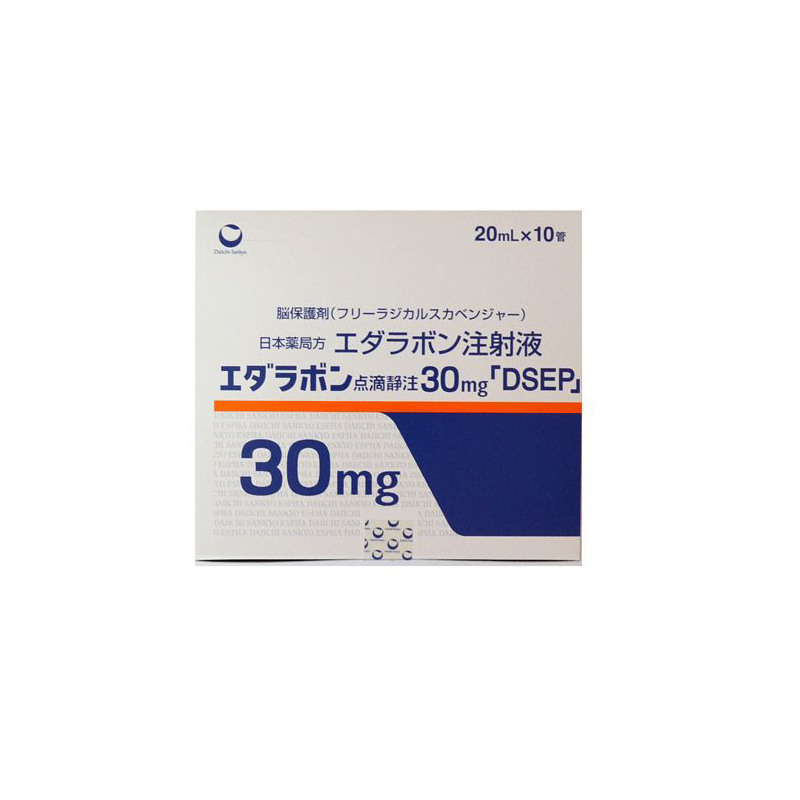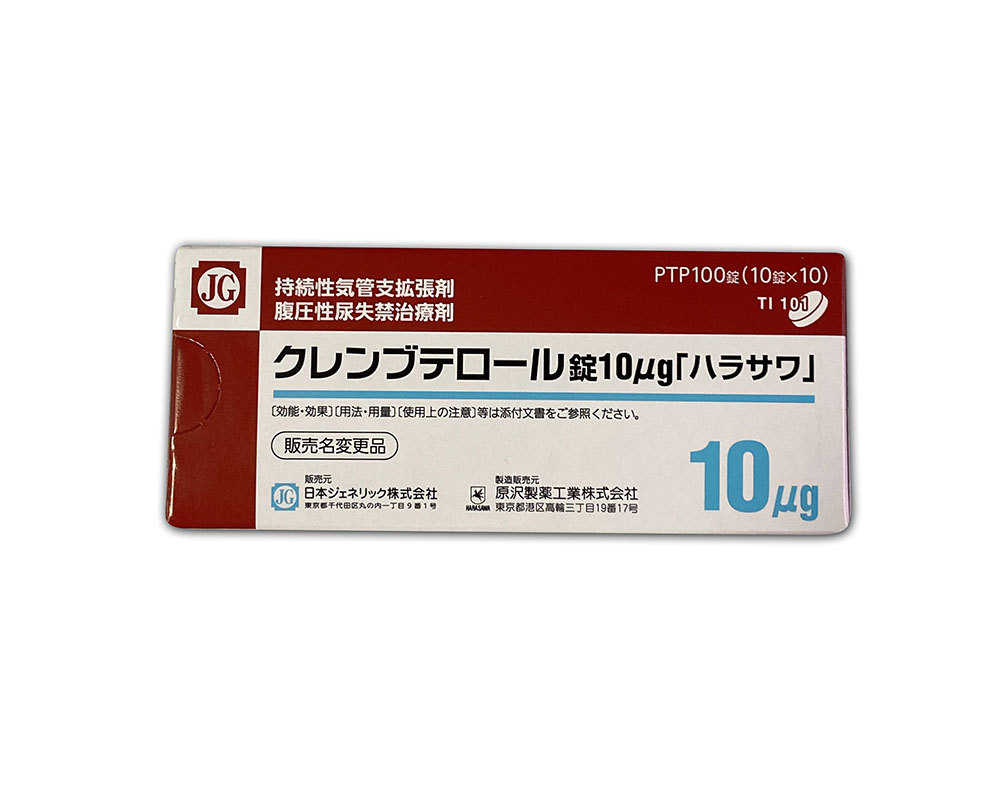Edaravone (Daiichi Sankyo) vs Clenbuterol ()
Edaravone (Daiichi Sankyo) vs Clenbuterol ()
Edaravone, marketed by Daiichi Sankyo, is an intravenous medication approved for the treatment of amyotrophic lateral sclerosis (ALS), a neurodegenerative disease; it works by reducing oxidative stress, potentially slowing the progression of the disease. Clenbuterol, on the other hand, is a bronchodilator primarily used for treating breathing disorders such as asthma, but it is not approved for use in many countries due to its potential for serious side effects and misuse in weight loss and bodybuilding. When deciding between these medications, it is crucial to consider the specific condition being treated, as Edaravone is targeted for ALS, while Clenbuterol is intended for respiratory conditions, and neither should be used interchangeably or without a prescription from a healthcare professional.
Difference between Edaravone and Clenbuterol
| Metric | Edaravone (Daiichi Sankyo) | Clenbuterol () |
|---|---|---|
| Generic name | Edaravone | Clenbuterol |
| Indications | Amyotrophic lateral sclerosis (ALS) | Asthma, COPD, other bronchodilator indications; off-label for weight loss and performance enhancement |
| Mechanism of action | Free radical scavenger; neuroprotective agent | Beta-2 agonist; increases smooth muscle relaxation and bronchodilation |
| Brand names | Radicava, Radicut | N/A |
| Administrative route | Intravenous | Oral, inhalation |
| Side effects | Bruising, gait disturbance, headache, skin inflammation | Palpitations, tremors, anxiety, electrolyte imbalance |
| Contraindications | Hypersensitivity to edaravone or any of the excipients | Hypersensitivity, tachycardia, tachyarrhythmia, thyrotoxicosis, myocardial infarction |
| Drug class | Free radical scavenger | Beta-2 adrenergic agonist |
| Manufacturer | Daiichi Sankyo | Varies |
Efficacy
Edaravone for Amyotrophic Lateral Sclerosis (ALS)
Edaravone, developed by Daiichi Sankyo, is a medication that has shown efficacy in the treatment of Amyotrophic Lateral Sclerosis (ALS), a progressive neurodegenerative disorder. The drug was approved by the U.S. Food and Drug Administration (FDA) in May 2017 for use in ALS patients. Edaravone works as a free radical scavenger, thought to relieve oxidative stress, which is believed to be a contributing factor in the neuronal death associated with ALS. Clinical trials have demonstrated that Edaravone can slow the decline of physical function in ALS patients, particularly when administered in the early stages of the disease.
The pivotal study that led to the approval of Edaravone for ALS was a six-month, randomized, placebo-controlled double-blind study conducted in Japan. The study showed that patients receiving Edaravone experienced a significantly smaller decline in the ALS Functional Rating Scale-Revised (ALSFRS-R) score compared to those receiving a placebo. This scale measures the physical function of ALS patients in terms of fine motor skills, gross motor skills, bulbar function, and respiratory function. However, it is important to note that Edaravone has not been shown to reverse the damage already caused by ALS, nor to significantly prolong survival.
Clenbuterol and Amyotrophic Lateral Sclerosis (ALS)
Clenbuterol is a sympathomimetic amine that is primarily used for the treatment of breathing disorders such as asthma. However, it is not approved by the FDA for the treatment of ALS and its efficacy in this condition remains investigational. Some preclinical studies and anecdotal reports have suggested that Clenbuterol may have potential benefits in ALS due to its properties as a β2-adrenergic agonist, which could potentially promote muscle growth and strength. Nevertheless, the scientific evidence supporting the use of Clenbuterol in ALS is limited and further research is required to establish its efficacy and safety in this patient population.
As of the knowledge cutoff date, there have been no large-scale, randomized, controlled clinical trials that have definitively established the efficacy of Clenbuterol in the treatment of ALS. Any use of Clenbuterol in ALS would be considered off-label and should be approached with caution. Physicians may prescribe it based on individual patient circumstances, but such use would be based on limited evidence and would typically occur within the context of a clinical trial or on a compassionate use basis. Patients and caregivers should consult with their healthcare providers to understand the potential risks and benefits of off-label treatments for ALS.
Regulatory Agency Approvals
Edaravone
-
Pharmaceuticals and Medical Devices Agency (PMDA), Japan

Clenbuterol
-
Pharmaceuticals and Medical Devices Agency (PMDA), Japan

Access Edaravone or Clenbuterol today
If Edaravone or Clenbuterol are not approved or available in your country (e.g. due to supply issues), you can access them via Everyone.org.
How it works

Make an enquiry
Choose the medicine you want to buy, answer a couple of questions, and upload your prescription to speed things up. We’ll get back to you within 24 hours.


Make an enquiry
Choose the medicine you want to buy, answer a couple of questions, and upload your prescription to speed things up. We’ll get back to you within 24 hours.


Breeze through the paperwork
We'll guide you through the required documents for importing unapproved medicine, ensuring you have all the necessary information.


Get a personalized quote
We’ll prepare a quote for you, including medicine costs and any shipping, administrative, or import fees that may apply.


Receive your medicine
Accept the quote and we’ll handle the rest - sourcing and safely delivering your medicine.

Some text on this page has been automatically generated. Speak to your physician before you start a new treatment or medication.
Let's talk
If you have any questions, call us or send us a message through WhatsApp or email:
Contact us




